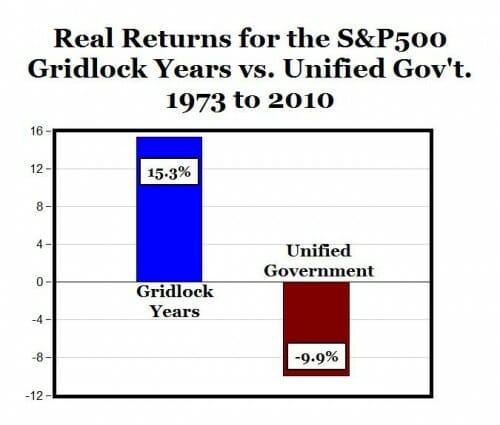My Vote Yesterday
Like many libertarians, I am tempted not to vote each election, though I usually do. However, choosing between whatever lesser evil exists in the Coke or Pepsi party gets tiresome. Given that, I have never voted in a party primary, until yesterday when I voted in the Republican primary simply to vote against Andrew Thomas for state Attorney General. Thomas has for years been Joe Arpaio's chief enabler and of late as County Attorney has spent his time launching frivolous lawsuits against his political enemies, from County supervisors to judges. When attorneys from adjacent counties would not support his suits, he sought criminal charges against them.
Most recently, it was revealed that a series of grand juries, which typically will indict an inanimate object, not only refused to indict in several of his cases but ordered him to shut down the investigation entirely. This useless prosecution of a County Supervisor turned out to be part of a plan. When Thomas decided to vacate the County Attorney position to run for state DA, he disagreed with many of the County Supervisors as to who his replacement should be, and as narrated in this letter, began filing charges against Supervisors to deny them a quorum (apparently some quid pro quo discussions, of the sort "we will drop the charges if you vote how we want" were actually recorded and turned over to the US Attorney, so if Thomas should win his election we be following the NY/Spitzer path of having our top state legal officer facing felony charges and disbarment.
Unfortunately, Thomas (and Arpaio) have somehow become folk-heroes among lame-brained Arizona voters, who tend to accept any sort of civil rights violations by officials as necessary measures to maintain the peace in the face of the dreaded Mexican immigration wave, so their re-election chances are not necessarily hurt by near Louisiana or Chicago levels of abuses of power.
I was tempted not to vote -- you know, one vote won't matter -- because I felt downright icky actually voting in the Coke primary. But in AZ, the Coke primary is pretty much the election since the state is so full of Coke voters, so I did it. As it turns out, my vote may matter.
99.7% of Precincts Reporting
(2232 of 2239 Precincts)
| Republican | Votes | Percent |
| HORNE, TOM | 233,700 | 50.0% |
| THOMAS, ANDREW P. | 233,327 | 50.0% |
| Total Number of Votes | 467,027 | |
Don't know a thing about Tom Horne, but I eagerly voted for him as not-Thomas. Here is the lock of the week: with a vote this close, Thomas will keep this in the court for months, perhaps years. If he gets the wrong decision, he will go after the judge, and if that doesn't work.....
Update: Apparently, Arpaio got his guy elected in the race to fill Thomas's county attorney seat, so I suppose once we get rid of one Arpaio-enabler we just end up with another. I took Arpaio's list of people he endorsed yesterday and the only votes I cast were for whoever the challenger was to team Arpaio.
Update #2: This is a depressing quote (emphasis added)
Oddly, the truth-telling was attributed to our own local Pinocchio, Sheriff Joe Arpaio, in regards the decisive victory of Bill Montgomery over interim Maricopa County Attorney Rick Romley.
"That's going to make my job very easy," Arpaio said of Montgomery's win.

